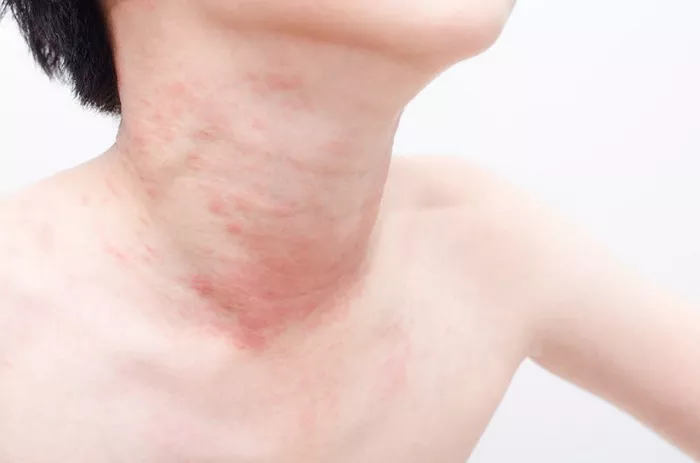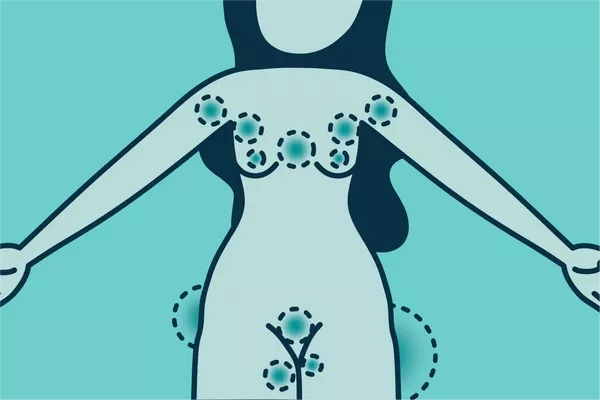Hives, also known as urticaria, are a common skin condition characterized by red, raised, and itchy welts that can vary in size and shape. They can appear suddenly and often disappear within a few hours or days, but in some cases, they may persist for weeks or even months. Understanding the underlying causes of hives is crucial in exploring natural remedies for their management.
Understanding Hives
Hives can be triggered by a variety of factors, including allergies, stress, infections, and environmental factors. When the body releases histamine in response to these triggers, it causes the small blood vessels in the skin to leak, leading to the characteristic welts and itching associated with hives.
Common symptoms of hives include:
- Red, raised welts on the skin
- Itching or burning sensation
- Swelling
- Sometimes, hives may be accompanied by other symptoms like headache, nausea, or difficulty breathing, which could indicate a more severe allergic reaction.
Natural Remedies for Hives
While conventional treatments like antihistamines and corticosteroids can provide relief from hives, many individuals seek natural alternatives to manage their symptoms. Here are some holistic approaches that may help alleviate hives:
1. Diet
Diet plays a significant role in managing hives, as certain foods can trigger or exacerbate the condition. Identifying and eliminating potential trigger foods such as shellfish, nuts, eggs, and dairy products can help prevent hives outbreaks. Additionally, incorporating anti-inflammatory foods like fruits, vegetables, whole grains, and fatty fish into your diet can help reduce inflammation and support overall skin health.
2. Lifestyle Changes
Stress is a common trigger for hives, so adopting stress management techniques like meditation, yoga, or deep breathing exercises can help reduce flare-ups. Prioritizing adequate sleep and regular exercise can also support the body’s immune function and reduce inflammation, which may contribute to improved skin health.
3. Topical Treatments
Natural topical remedies can provide relief from itching and inflammation associated with hives. Cool compresses applied to the affected area can help soothe the skin and reduce swelling. Oatmeal baths can also provide relief by moisturizing the skin and reducing itching. Aloe vera gel and calamine lotion are known for their soothing and anti-inflammatory properties and can be applied directly to the affected areas to alleviate discomfort.
4. Supplements
Certain supplements may help reduce the frequency and severity of hives outbreaks. Quercetin, a plant pigment found in fruits and vegetables, has been shown to have anti-inflammatory and antihistamine properties, which may help alleviate hives symptoms. Vitamin C, a natural antihistamine, can also help reduce histamine levels in the body. However, it’s essential to consult with a healthcare professional before starting any supplements to ensure they are safe and appropriate for your individual needs.
Limitations of Natural Remedies
While natural remedies can be effective for some individuals in managing hives, it’s essential to acknowledge that they may not work for everyone or for all types of hives. Some people may require conventional medical treatments like antihistamines or corticosteroids to effectively control their symptoms. Additionally, natural remedies may take time to produce noticeable results, and consistency in their use may be necessary for optimal benefits.
When to Seek Professional Help
While natural remedies can provide relief for mild to moderate hives, there are situations where seeking medical attention is crucial. If you experience severe hives that cover a large area of your body, difficulty breathing, or accompanying symptoms like fever or dizziness, it’s important to seek prompt medical care. These could be signs of a more severe allergic reaction or underlying medical condition that requires immediate attention.
Building Trust and Authority
In exploring natural remedies for hives, it’s important to rely on credible sources and expert insights to provide accurate and reliable information. Citing reputable medical websites, research papers, and professional organizations can help establish trust with readers and ensure the accuracy of the information presented. Additionally, including quotes or interviews with dermatologists or allergists can provide expert insights and perspectives on managing hives naturally.
High-quality visuals, such as images and videos demonstrating how to apply topical treatments or perform stress management techniques, can enhance the reader’s understanding and engagement with the content. By combining evidence-based information with expert insights and engaging visuals, we can provide readers with comprehensive and trustworthy guidance on managing hives naturally.
Conclusion
In conclusion, while hives can be a frustrating and uncomfortable condition to deal with, there are holistic approaches that may help alleviate symptoms and improve overall skin health. By incorporating dietary changes, lifestyle modifications, natural topical remedies, and supplements, individuals can take proactive steps towards managing their hives naturally. However, it’s essential to recognize the limitations of natural remedies and seek medical attention when necessary to ensure the best possible outcomes for managing this condition.


























